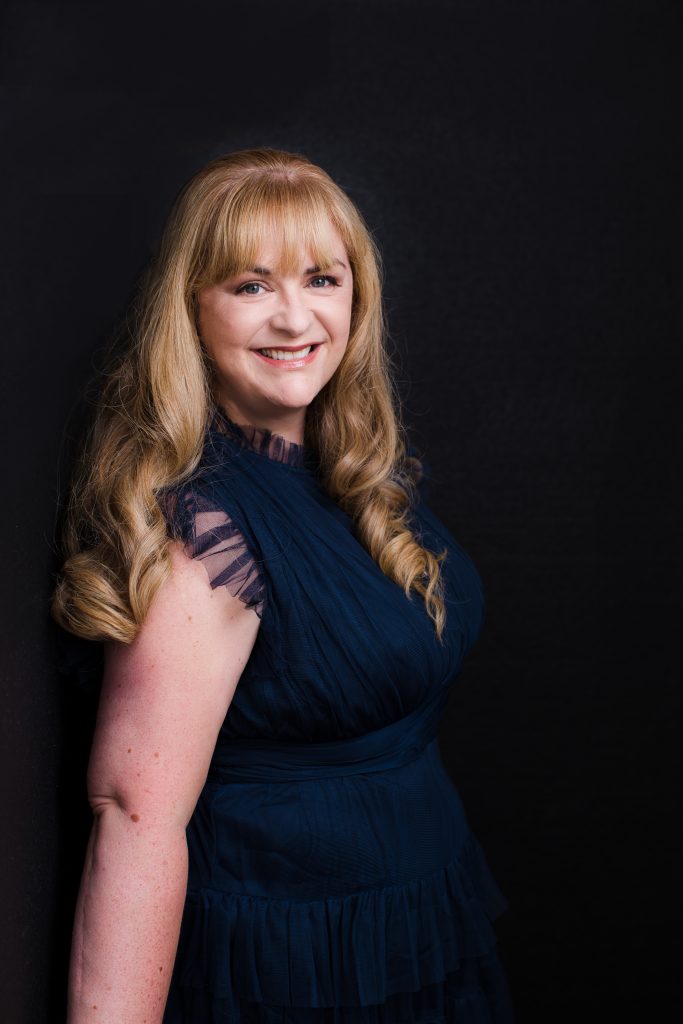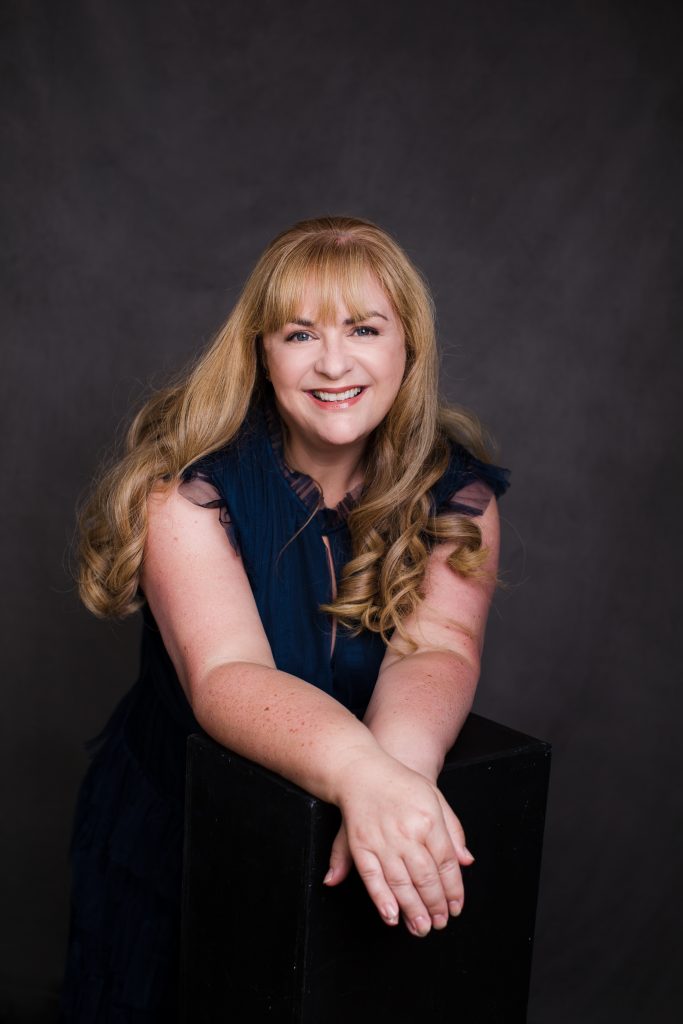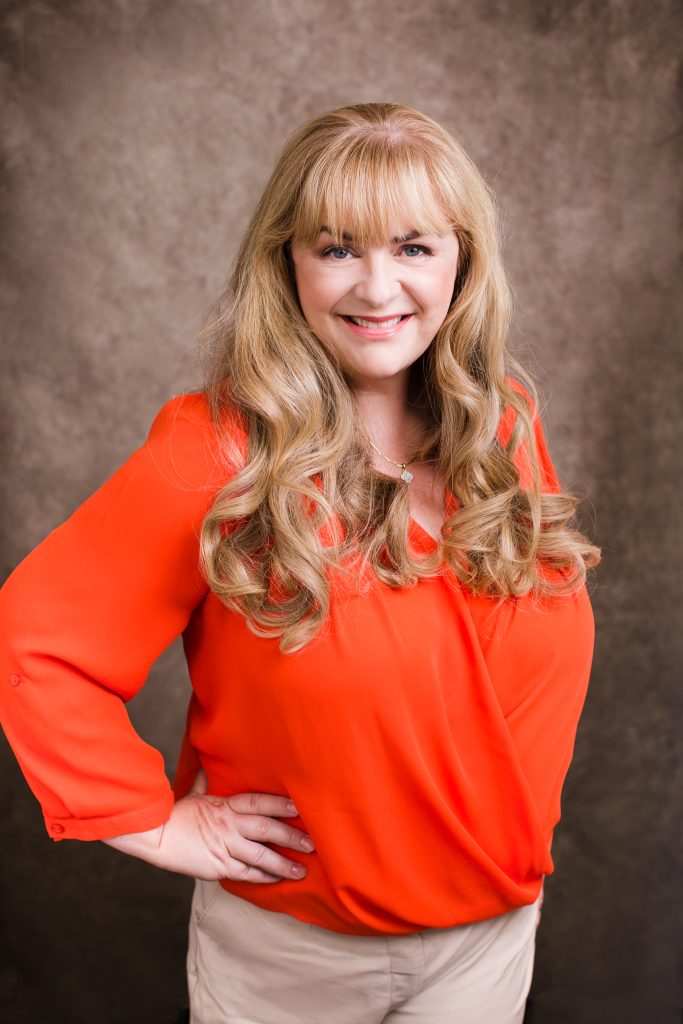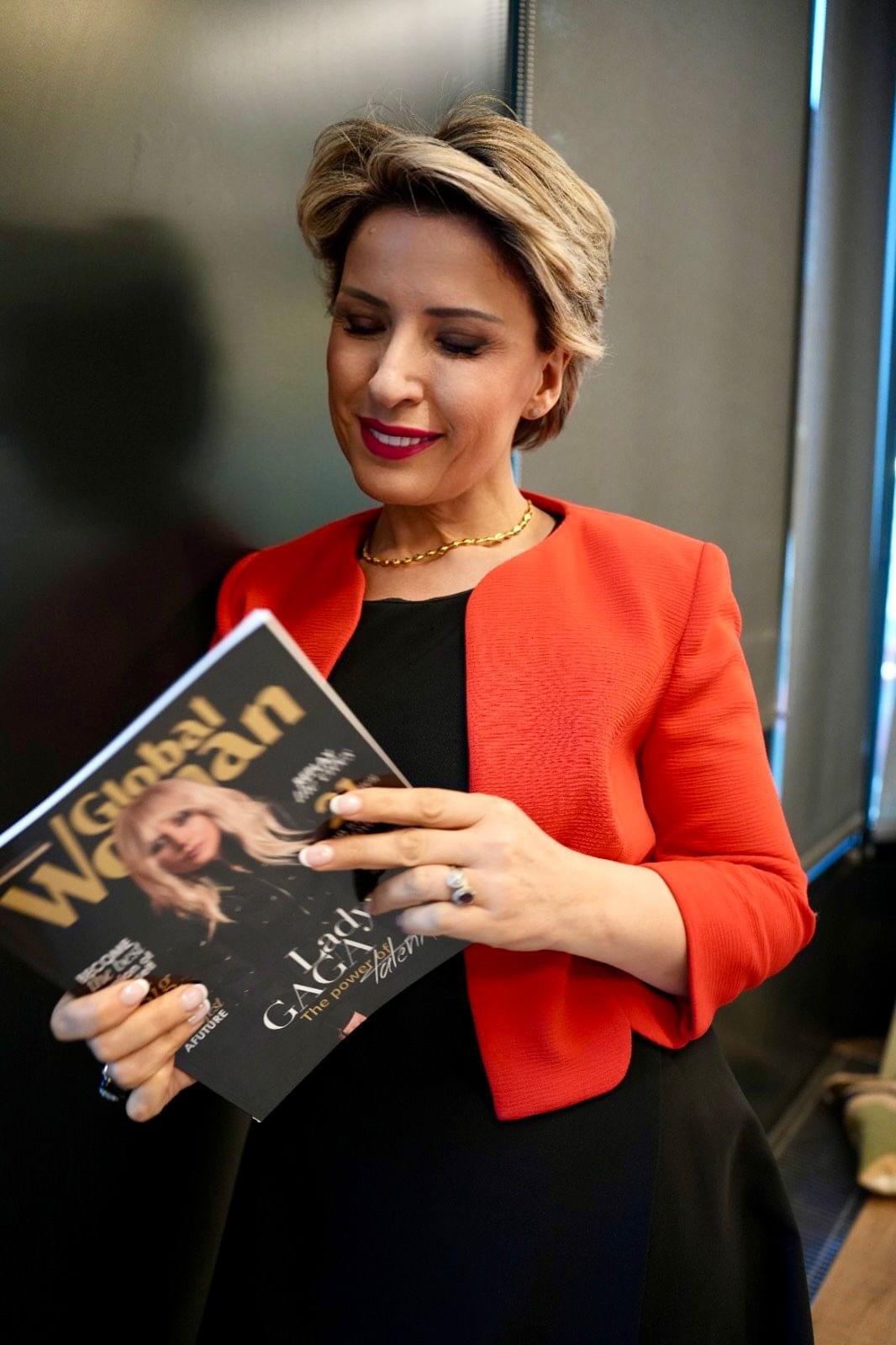
Tracy Stone: How I Discovered My Super-Powers
Tracy Stone is an executive trainer and coach, international bestselling author, renowned clinical hypnotherapist and inspirational speaker based in Berkshire, UK.
Tracy spent 30+ years in some of the world’s largest and most prestigious global businesses helping senior management teams maximise strengths and eliminate major process, engagement and cultural issues. From New York to Sydney, she built a phenomenal reputation as a world-class problem solver and ‘transformation whisperer’. Her many awards are testament to her ability to make concrete and significant changes to the thousands who have joined her much acclaimed workshops, trainings and coaching events.
She has taken those years of experience in identifying the true root cause of problems and uncovering solutions that provide brilliant results and now uses her finely tuned skills to make spectacular and lasting transformational shifts in her client’s personal lives and careers through her unrivalled courses, coaching, highly personalised hypnotherapy sessions and speaking events.
Let’s go back to the beginning – how was your early career before you made your mark in the coaching world?
I moved to the UK from Ireland in 1989 as a fresh faced 18-year-old with nothing but a secretarial course to endear me to prospective employers. I signed up at a temping agency and was sent out to work that same day. Each job I was sent to offered me a full-time role, but I didn’t accept any until I arrived at AEG. The business group I worked for within AEG was soon after bought by General Electric and that is when my career really kicked off. Despite working in admin and at the bottom rung of the career ladder, I had always been eager to learn and even more eager to work hard. My work ethic, energy, positive attitude, and desire to say ‘yes’ to every challenge they threw at me, quickly resulted in new opportunities, growth, and promotion. In the blink of an eye, I found myself saying ‘yes’ to becoming a Six Sigma Black Belt (Six Sigma is a business problem solving and process improvement methodology with ‘belts’ to mark skill proficiency and certification much like in martial arts). That’s when I began developing my coaching skills as I ran projects with teams and trained many hundreds in the methodology.
What led you to shift gears to transformational coaching?
Actually, it was a very emotional tipping point and no-turning-back moment of clarity for me. Around 5 or 6 years ago, while working as a Senior Vice President of Business Process Re-engineering in one of the world’s largest and most powerfully branded global banks, I was leading a business-critical project in the heartland of the US. We had an Operations base, in fact we were the largest employer, in this lovely small town which was 260km from the next major city. I had gathered a cross-section of colleagues who I lead through a very dynamic workshop for a week. I met some of the nicest, most sincere, hard-working, and dedicated people I have ever come across that week. I knew that the work we were doing together, which I was leading, would be incredibly successful in meeting the business’ efficiency objectives. Unfortunately, I also knew that the successful outcome would also result in several hundred people from that site losing their jobs.
Using my finely-honed superpowers was actually going to hurt so many people! I certainly had not set out in life to do that.
Every day of our time together I was the fearless, knowledgeable, course-correcting, engaging and trusted leader for the project and workshop team. However, each evening I would return from the office to my hotel room and cry, knowing that my ability to solve the business’ problems, to motivate and rally the ‘troops’ and to always ensure a materially successful outcome was going to have an immeasurable and life-changing impact on hundreds of families. Using my finely-honed superpowers was actually going to hurt so many people! I certainly had not set out in life to do that. Then, at the end of a tearful, soul-searching flight home, as I stood on the plane waiting to disembark at a fittingly rainy London Heathrow, I turned on my phone and the most perfectly timed and fortuitous advert grabbed my full attention. The advert was for hypnotherapy training by the world-famous Marisa Peer and it instantly clarified for me how I could extend my problem-solving toolkit and capabilities and use my super powers for good… to help people who really needed and would benefit from my help. I trained directly with Marisa over 5 years ago and have since then helped many hundreds of clients all over the world to start living the life they always wanted through my deeply transformational hypnotherapy and coaching sessions.

How did you develop the skillset to coach and train other businesses?
I have been incredibly lucky to have enjoyed a competence-rich career in some of the world’s largest and most aspirational businesses. The exposure and experience I gained there in solving a myriad of business problems and ensuring powerful, measurable outcomes was built by managing a varied slate of global projects. Doing this well requires the magic touch of engaging stakeholders at all levels of the business and top-class facilitation and coaching skills. I have coached projects, teams and individuals at all levels for decades. Very often I would also provide mentoring and career or life coaching for those who wanted help to get to the next level. In fact, coaching is really a gravitational pull within me rather than a job.
From New York to Sydney, how has your training changed with location? Does the environment influence the issues you are faced with and the problems you solve?
Very often the actual problems I am solving are the same, wherever I go. Nevertheless, culture and environment can dramatically affect the root causes and nature of the problem and the appropriate and available solutions. Having worked in well over 30 countries, I learned early on to understand the impact and importance of culture on a macro (e.g., country, language, religion, economy) and micro (eg. business, team, manager style, individual style) scale and to work with and embrace the culture in order to build trust which is vital to engaging people on a journey of change and ensuring a successful outcome for all. Every training or workshop I have run, regardless of the country, business or objectives, has a golden thread of consistency and credibility running through it. At the same time, any facilitator worth their salt has an indefatigable ability to adapt instantly, improvise, translate the emotional temperature in the room and seemingly effortlessly guide their group to greatness.

With over 30 years of experience working with the world’s largest businesses, what is the common issue you see in these businesses? And what is the first step to solving any problem?
Very often there is a detrimental imbalance at the top of the business where the consuming focus naturally becomes driving sales. Clearly sales are the fuel to any business but when this becomes the overwhelming and myopic objective, it can come at the cost of high-quality products and services and, even more critically, employee engagement, satisfaction and retention. Shifting some of that attention to engaging and empowering employees so they feel valued, respected, and have a voice, will in turn automatically deliver the much-needed sales but at a lower cost and higher quality. Creating an environment where employees are excited, energised and hold themselves accountable is the sweet spot. When a business focuses on nurturing, developing and engaging their employees, they are building a loyal, dedicated, happy army of super-productive team members who care about what they do, how it serves the customer and the business’ bottom line.
Far too often, there is an urgency to jump to the solution without understanding and validating the problem first. The first step to solving any problem is to take time to do the due diligence in understanding the nature and true root cause of the problem. Without doing that the very real risk is of fixing merely a symptom, wasting time, money and potentially losing clients and employees in the process.
The pandemic has led countless people to reconsider their jobs, and many businesses faced life-changing problems. How did your role as a problem-solver change during this period? What challenges did you face? What changes did you have implemented to accommodate this?
This monumental shift in my life prompted me to re-evaluate…
Having finally made the decision to cut the corporate apron strings during the pandemic in order to focus fully on my growing practice, my motivation for taking that leap of faith wasn’t driven by the shifts so many others felt during those times. My wonderful and very much-loved Dad sadly died in October 2020 from dementia. This monumental shift in my life prompted me to re-evaluate what made me happy, what I should be focused on, how I add value through my existence and offered me the clarity and decisiveness I had needed to take the leap. I haven’t looked back, not even for a moment, since then.
I have been incredibly lucky to have developed a vast problem solving, coaching and mentoring toolkit over the years which was then enhanced with my additional hypnotherapy tools – I am an Advanced RTT™ Therapist and Clinical Hypnotherapist. By the time the pandemic hit I had already been in private practice alongside my corporate career for a few years so it actually didn’t change anything for me and I was busier than ever.
The one change which I have seen coming out of the past couple of years is that more and more business is being done online. Even in the therapy, hypnotherapy and coaching world, people are increasingly comfortable with virtual sessions. This has opened up the entire world of incredible coaches and therapists to anyone from anywhere, meaning that they can now work with top calibre coaches whereas, previously, coaching was seen as a face-to-face localised service. In any typical week I might have clients in LA, New York, Sydney or London while I am in the UK.

In 2020 and 2021 you became a best-selling author, and this was also during the pandemic. What was the inspiration behind each book, and what did your writing process look like?
A book that was talking from the personal experience of a selection of different people, but that also had some practical explanations to help the reader understand more about why they feel the way they feel…
My first foray into writing was by contributing a short story along with 36 other authors in the beautifully uplifting anthology book Ignite Happiness, published in 2020. Every heartfelt story is an exploration into finding, tapping into and sharing happiness. At launch the book went instantly to best seller status in multiple countries. After that I signed up to write in the next Ignite anthology, Ignite Possibilities which again went best seller at launch across the world. I had proven to myself that I could write and that people enjoyed and connected with what I shared. Then when Dad passed, as I saw how difficult, unpredictable, and exquisitely individual and painful grief could be, I decided to write my first solo book ‘Love Remains – A Guide Through Grief’ to help others navigate their journey of loss. I had been surprised at how little help there was for people who were grieving.
Yes, there are plenty of leaflets, there are books that are either very theoretical and practical or books that are one person’s individual story of love and loss, but I felt there was something missing. A book that was talking from the personal experience of a selection of different people, but that also had some practical explanations to help the reader understand more about why they feel the way they feel and exercises with templates to help them work their way through their grief until they reach the certainty that the love they share with their loved ones remains with them. On it’s launch in December 2021, Love Remains became an instant international best seller.
What top three books have been vital in shaping your career?
The first is ‘Lean In’ by Sheryl Sandberg which is a frank ‘must read’ reality check for all women in business.
The second is ‘Winning’ by Jack Welch. Having worked for many years in GE (General Electric) under his inimitable leadership, I can attest that there’s very little Jack doesn’t know about building organisations, teams and processes that succeed.
Although it’s tough to choose only three books, the third is ‘Outliers’ by Malcolm Gladwell. A great reminder that when opportunity and hard work collide, amazing things can happen.
What is one piece of advice you would give to someone struggling to overcome their limiting beliefs?
If I was to choose just one golden nugget of advice, it would be that the only permission you need to be who you want to be, to live the life you want to live, to make better choices for yourself, is your own. When we give ourselves permission, rather than looking to others for their blessing, we begin to live more authentically. We make better choices. We hold ourselves accountable because we are more invested in a brilliant and positive outcome and the morale, confidence and self-esteem boosting effects of our success. We feel stronger and more resilient. More in control of our life than we ever knew was possible. Who would want to give all that juicy goodness away?






